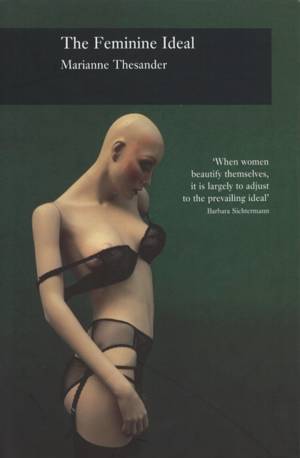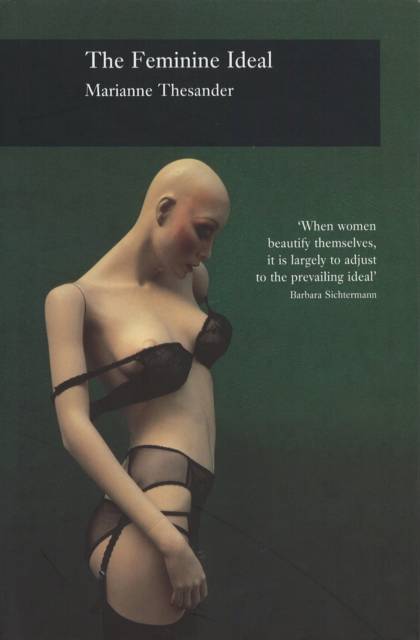
- Retrait gratuit dans votre magasin Club
- 7.000.000 titres dans notre catalogue
- Payer en toute sécurité
- Toujours un magasin près de chez vous
- Retrait gratuit dans votre magasin Club
- 7.000.0000 titres dans notre catalogue
- Payer en toute sécurité
- Toujours un magasin près de chez vous
Description
Why, at a time when women's liberation was gaining force and momentum, did the corset become more cinched and restricting than at any time during the entire preceding century? Why was bra burning a political statement for the feminists of the 1970s? How far is the harnessed and restricted female form an outward symbol of Victorian and middle-class ideas of discipline and self-control? In what ways are women forced to conform to a "feminine ideal"? In The Feminine Ideal, Marianne Thesander examines the significance of the female body, beauty and culture. She shows how the female body is constantly being changed, and by various - sometimes punishing - means made to fit in with current feminine physical ideals. The use of corsets, bras, make-up, cosmetics and body decoration either emphasizes or plays down specific aspects of the female form. Marianne Thesander considers: sin and virtue; the forbidden, the concealed, the alluring body; woman as object, fetish and erotic sign. With extensive use of illustrative material, she examines the fashion history of underwear from the eighteenth century to the present day, exploring the significance of changing 'models' of the feminine.
Spécifications
Parties prenantes
- Auteur(s) :
- Editeur:
Contenu
- Nombre de pages :
- 232
- Langue:
- Anglais
- Collection :
Caractéristiques
- EAN:
- 9781861890047
- Date de parution :
- 01-10-97
- Format:
- Livre relié
- Format numérique:
- Genaaid
- Dimensions :
- 162 mm x 243 mm
- Poids :
- 725 g

Les avis
Nous publions uniquement les avis qui respectent les conditions requises. Consultez nos conditions pour les avis.






